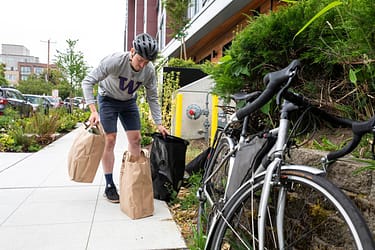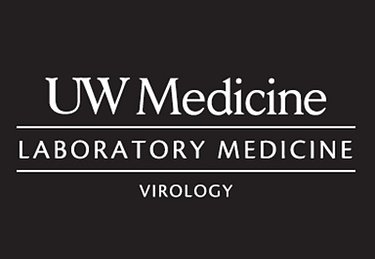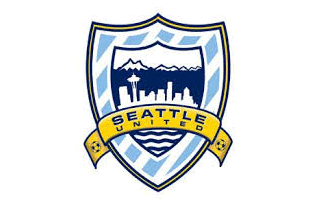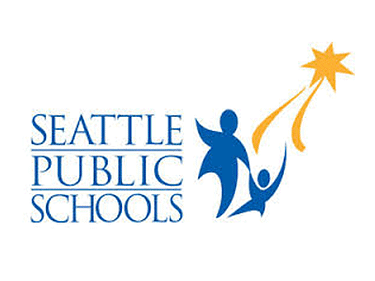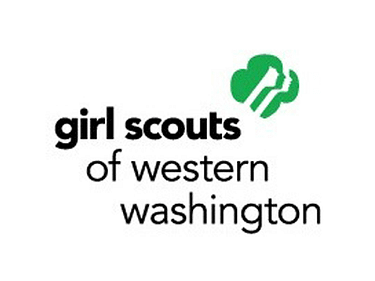Community Projects
Hunger relief organizations such as northeast Seattle’s University District Food Bank (UDFB) play a key role in redistributing groceries and supplies to neighbors experiencing food insecurity. To expand access and service clients who are homebound or otherwise unable to shop in-store due to age, illness, or disability, the UDFB provides a home delivery service, originally staffed by volunteers using their own vehicles and designing their routes.
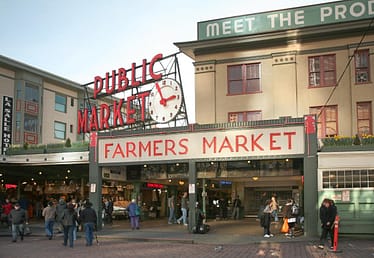
Pike Place Market is Seattle's original farmers market and the center of locally sourced, artisan and specialty foods.
Students in Anne Goodchild’s Civil & Environmental Engineering course CET 511: Planning for People and Freight studied transportation planning as a process integrating and balancing the needs of diverse users, including automobile drivers, freight carriers, public and private mobility service providers, cyclists, and pedestrians.
The University of Washington Department of Laboratory Medicine has the largest test menu of any laboratory in the Pacific Northwest, and is an internationally recognized leader in test development, quality, and interpretation. A clinical laboratory is a laboratory where clinical tests are carried out on clinical specimens to obtain information about the health of a patient to aid in diagnosis, treatment, and prevention of disease. The department offers a variety of testing services in all the major laboratory disciplines that vary in complexity and requirements such as turnaround of results.
The Seattle United Youth Soccer Club is a branch of the U.S. Soccer Federation that recruits youth athletes from across King County, including Seattle and neighboring Bellevue and Redmond.
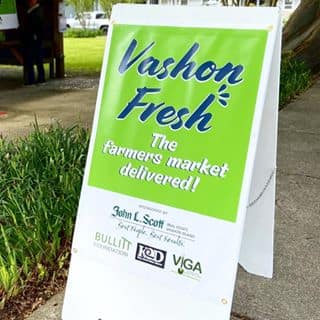
Vashon Fresh is an online marketplace for islanders to purchase sustainably grown foods from local farmers.
A pilot program launched on June 15, 2017, by the Vashon Island Growers Association (VIGA), Vashon Fresh is an online marketplace for islanders to purchase sustainably grown foods from local farmers. The goal of the project is to show that online shopping can benefit both residents and farmers by increasing customer access to a wide variety of farm fresh foods while providing farmers flexibility in inventory and pricing. Vashon Fresh is funded by the King Conservation District’s Regional Food Systems Grant program with additional support from the SCTL Center and King County’s Local Food Initiative.
